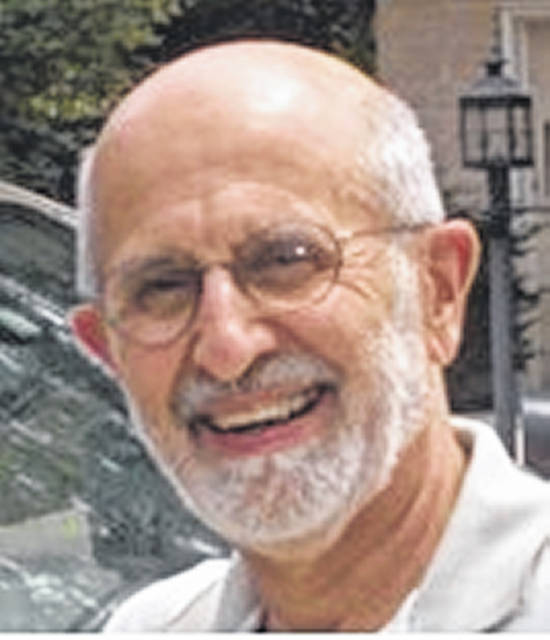
Music brings us together with the many protests of our day: “Black Lives Matter,” “Me, Too!” “Pro-Life,” “Pro-Choice.”
I’ve been taken back to a particular protest I participated in, in the late 1960s. The issues back then were civil rights and the war in Vietnam. Reflecting on that event in the context of my music theme columns this month, two songs from that era caught my mind’s ear, which helped greatly in the way that particular protest was perceived and received by the population of a small town in the hard-hit hard coal region of Northeastern Pennsylvania.
It was Moratorium Day, October 15, 1969. The war in Vietnam was becoming increasingly unpopular as approximately 45,000 U.S. troops had been killed, with many others seriously injured, and more than 3 million deaths of enemy combatants and innocent civilians in Vietnam and Cambodia.
Moratorium Day called on workers and students to walk off jobs and out of classrooms all across the country, to protest our involvement in the war.
The teenagers of our church youth group discussed what to do. Another pastor and I proposed a prayer service for that day at noon in my church, next to the high school, that students could attend on their lunch break. It was the only time in my tenure as pastor that not only was the church packed, but spilled out onto the steps, sidewalk and street!
Afterward, several students began urging others to not return to school, but to engage in a protest march through town. We were concerned about the consequences of such an action for those who participated, as well as what it would mean for the churches (and their pastors!), seen as its instigators.
Thinking quickly, we told the students that if they would return to class, we would organize and participate with them in a march that night. They agreed.
The next step was a parade permit. The mayor was at first reluctant, but when we assured him it was going to happen anyway, and that it would be better for the whole community to make it legal with police protection provided, he capitulated and the protest was permitted.
That night, a hundred or so students from the four towns that fed the school district, marched down the main street of Lansford, Pennsylvania. Though the parade was not without its hecklers, the students remained peaceful, and the police did an exemplary job of safeguarding their young citizens.
It all came to a close at the high school where the students standing on tiered steps, lighted candles in hand, observed a moment of silence for those who had lost their lives. Looking all the time like a huge choir, they sang two songs, extinguished their candles and went home without incident.
The music that brought us together and made the community much more proud than critical of their children: Pete Seeger’s “Where Have All the Flowers Gone,” and the civil rights anthem, which along with its original purpose, took on additional meaning for their situation as protestors of a war they considered unnecessary and unjust: “We Shall Overcome.”
“Where have all the flowers gone? Long time passing… . Long time ago… . Young girls picked them every one. When will they ever learn?” Succeeding verses asked similarly and answered: “Where have all the young girls gone? Gone for husbands every one… . Gone for soldiers every one; Gone to graveyards every one; Gone to flowers every one; When will they ever learn?” And… “We shall overcome… . We shall overcome some day. Deep in my heart, I do believe, we shall overcome someday.”
Such music, like much music, brought these young people together and gave them hope and a hearing.
It also made an older, often disapproving generation, not only proud of their kids, but in harmony with them, as well!
Likewise, I pray that tomorrow’s rescheduled Juneteenth observance at Wilmington College will put us in tune and in touch with one another, as we sing out our common concern for freedom and justice for all.
Jim Graham is a retired Presbyterian minister.
This weekly column is provided to the News Journal on a monthly rotation basis by members of the Wilmington Area Ministerial Association.


